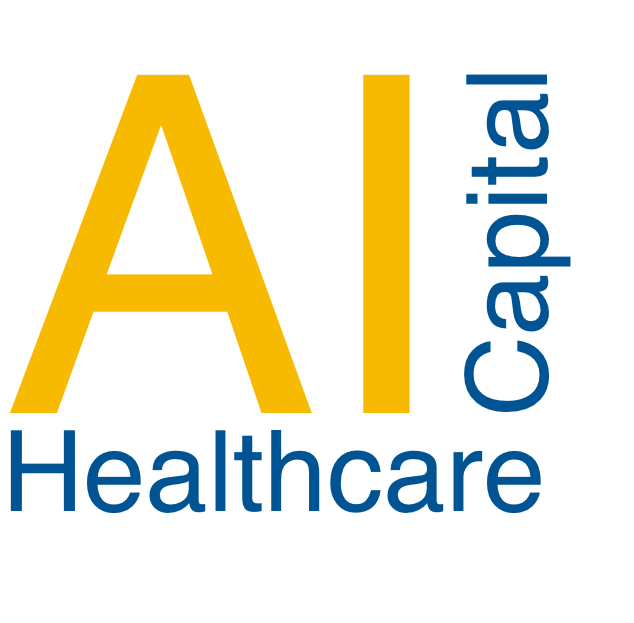by Mark Garver, March 31, 2022
According to government reporting the United States spends nearly 20% of GDP on Healthcare. A further breakdown shows that 31% was for Hospital Care and 20% for Physician and Clinical Services. Moving past the amount of money spent as illustrated above, this also represents an increasing amount of data within the healthcare system. Traditional methods for protecting data are outdated and easily exploited by cyber attackers, including ransomware demands.
Blockchain to the rescue! Blockchain is a decentralized system, that puts the control over data; the protection, sharing of, traceability, security and confidentiality. Data privacy is of critical concern in healthcare, from supply chain to patient data and needs to be addressed with a new approach, enter Blockchain.
Blockchain technology is currently being used in the following 5 areas in healthcare:
- Supply Chain – the healthcare sector must ensure the provenance of medical goods to confirm their authenticity. Particularly in areas where counterfeit drugs are prominent. These counterfeit prescription drugs account for tens of thousands of deaths annually.
- Patient-centric electronic health records – Healthcare systems around the globe equally struggle with patient data silos, meaning they have an incomplete view of any specific patients’ medical history. Blockchain can supply a comprehensive single source of truth of a patient’s medical records
- Medical staff credential verification – Similar to supply chain tracking and transparency , blockchain technology can be used to track the experience of medical professionals.
- One of the biggest trends in digital health is the adoption of remote monitoring solutions, where all kinds of sensors measuring patients’ vital signs providing healthcare practioners a more complete view of the patients’ health. However these devices are coming under attack, blockchain helps to ensure that only authorized access is granted to this data.
- Billing and Insurance Provider Gateway Systems – Imagine the vast amounts of data shared between a healthcare provider and their billing system vendor, or even the insurance company. Insurance company goes beyond the patients’ healthcare insurer, it extends to the healthcare providers insurance issuer as well. Blockchain can help secure the data by ensuring transparence, a single source for truth and imitate and confirm the transfer of this data.
These are only five examples where blockchain is benefiting the healthcare industry.






